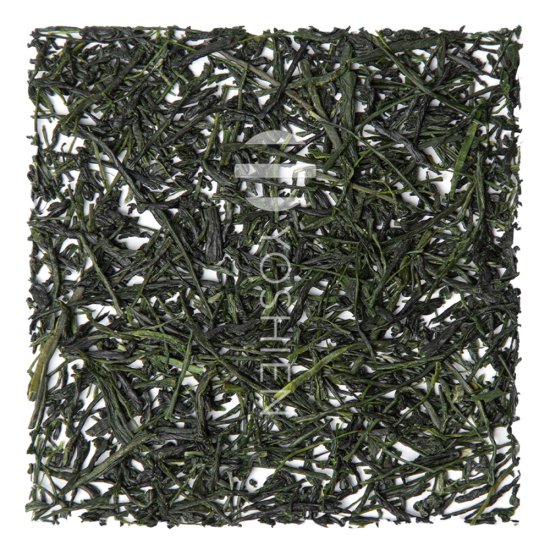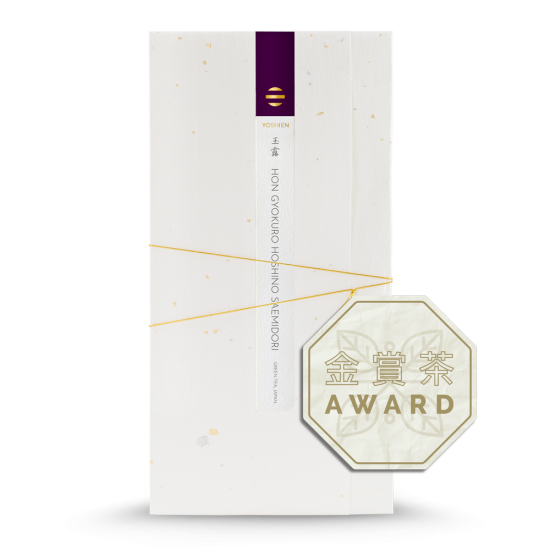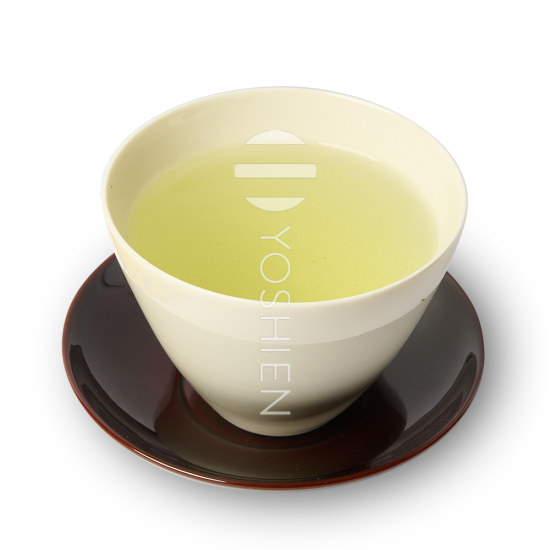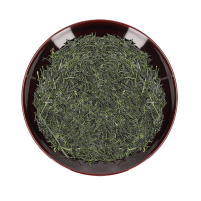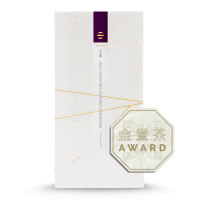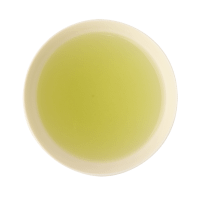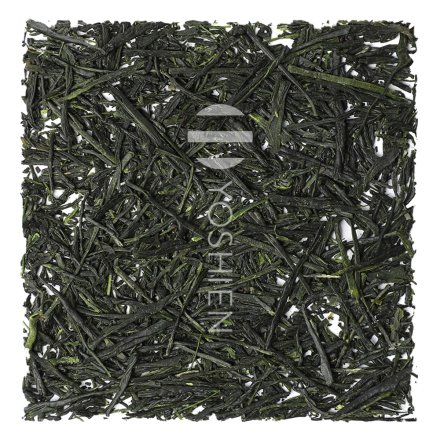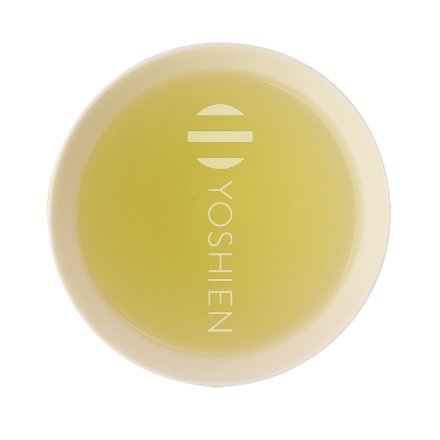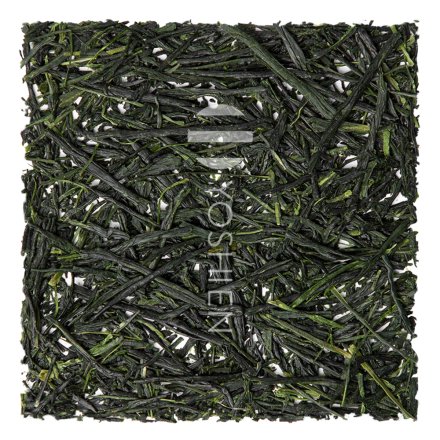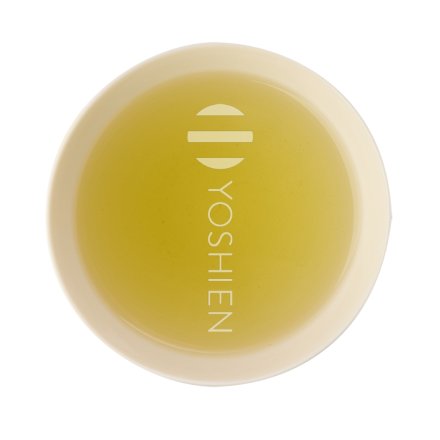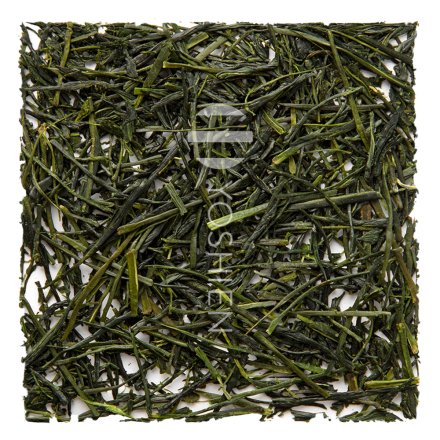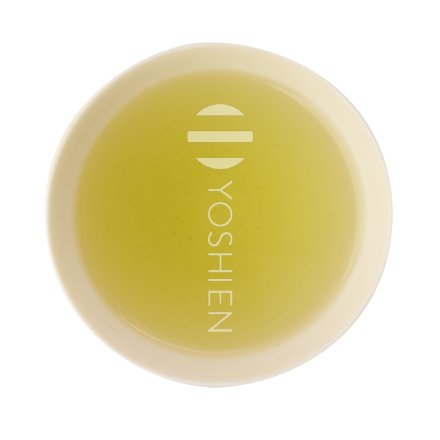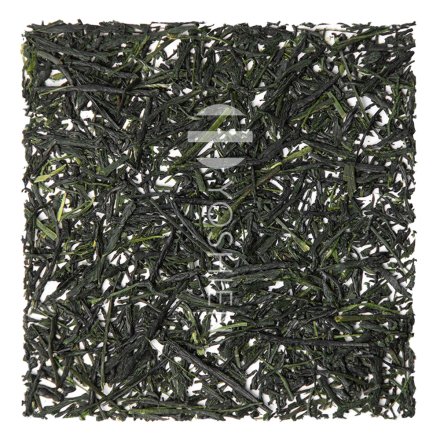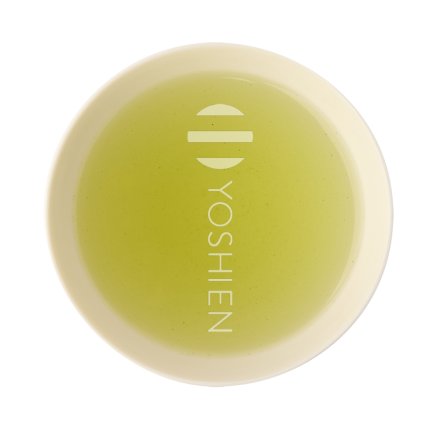The tea field sits in a prime location directly along the riverside in Nagao District in the town of Hoshino in Yame, known around the world for gyokuro. The hilly landscape of Hoshino produces deep, full-bodied gyokuro. The soil is reinforced with pebbles to enable better drainage and facilitate the growth of quality tea. The location next to a river further provides necessary moisture in the form of fog. Master Takaki uses only a limited amount of (natural) fertiliser, in contrast to most other Hoshino farms. Only a few kilos of this gyokuro are produced each year.
Single Origin
This tea is exclusively sourced from the above mentioned tea farm in Hoshino. Sourced directly from the tea farmer.




